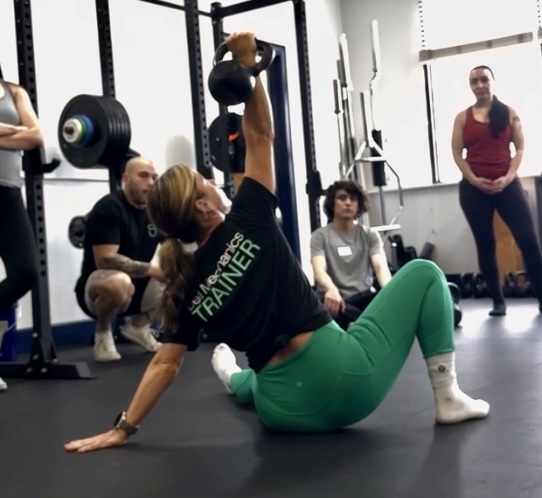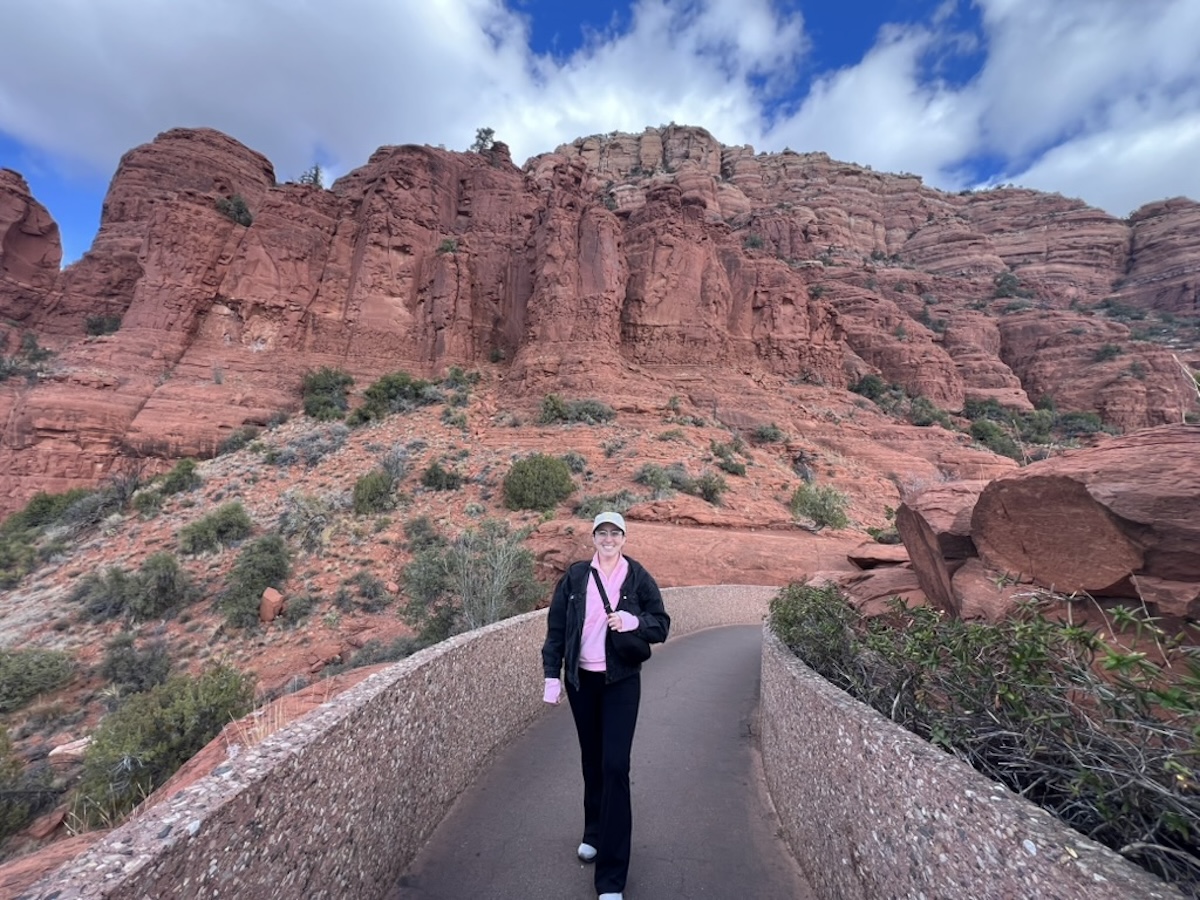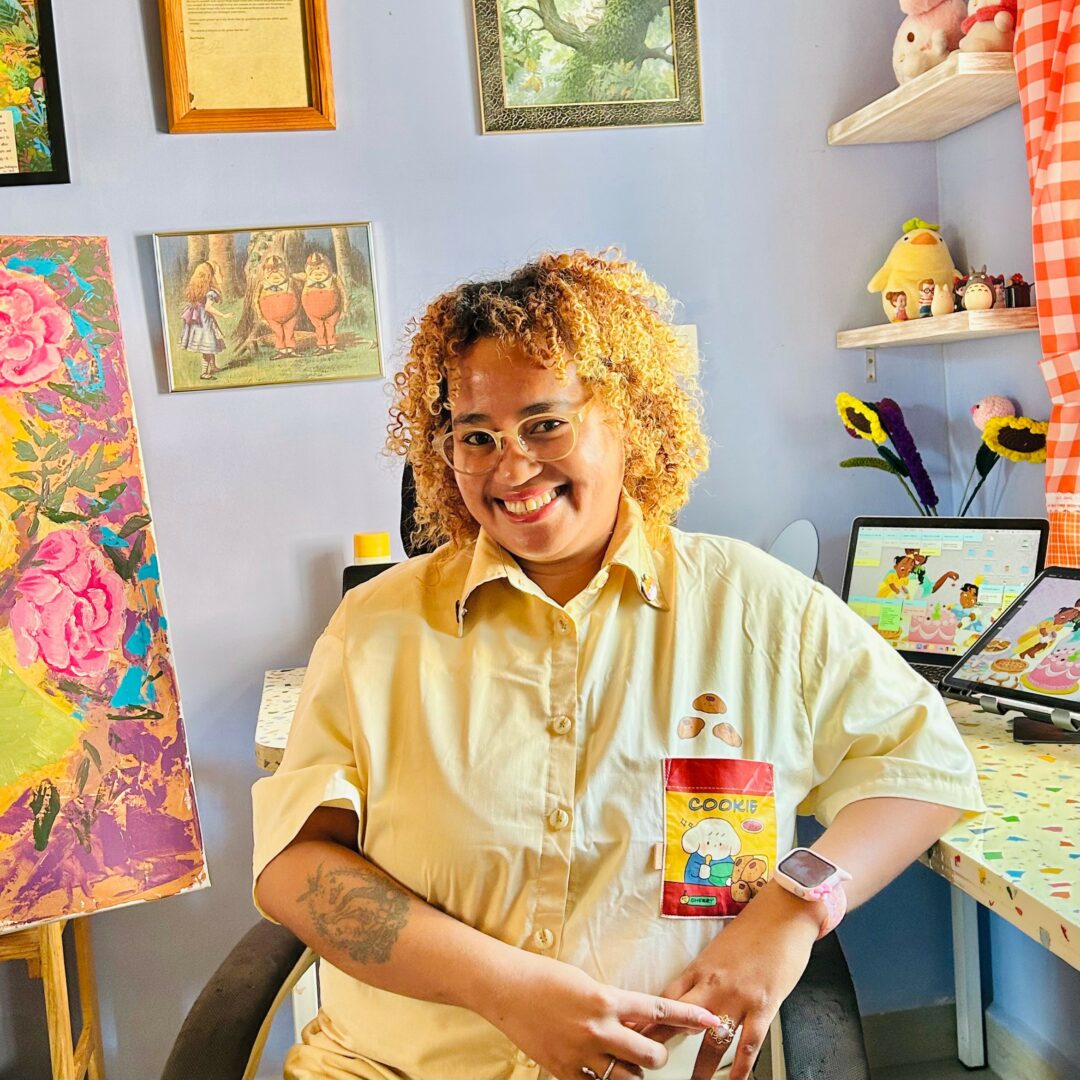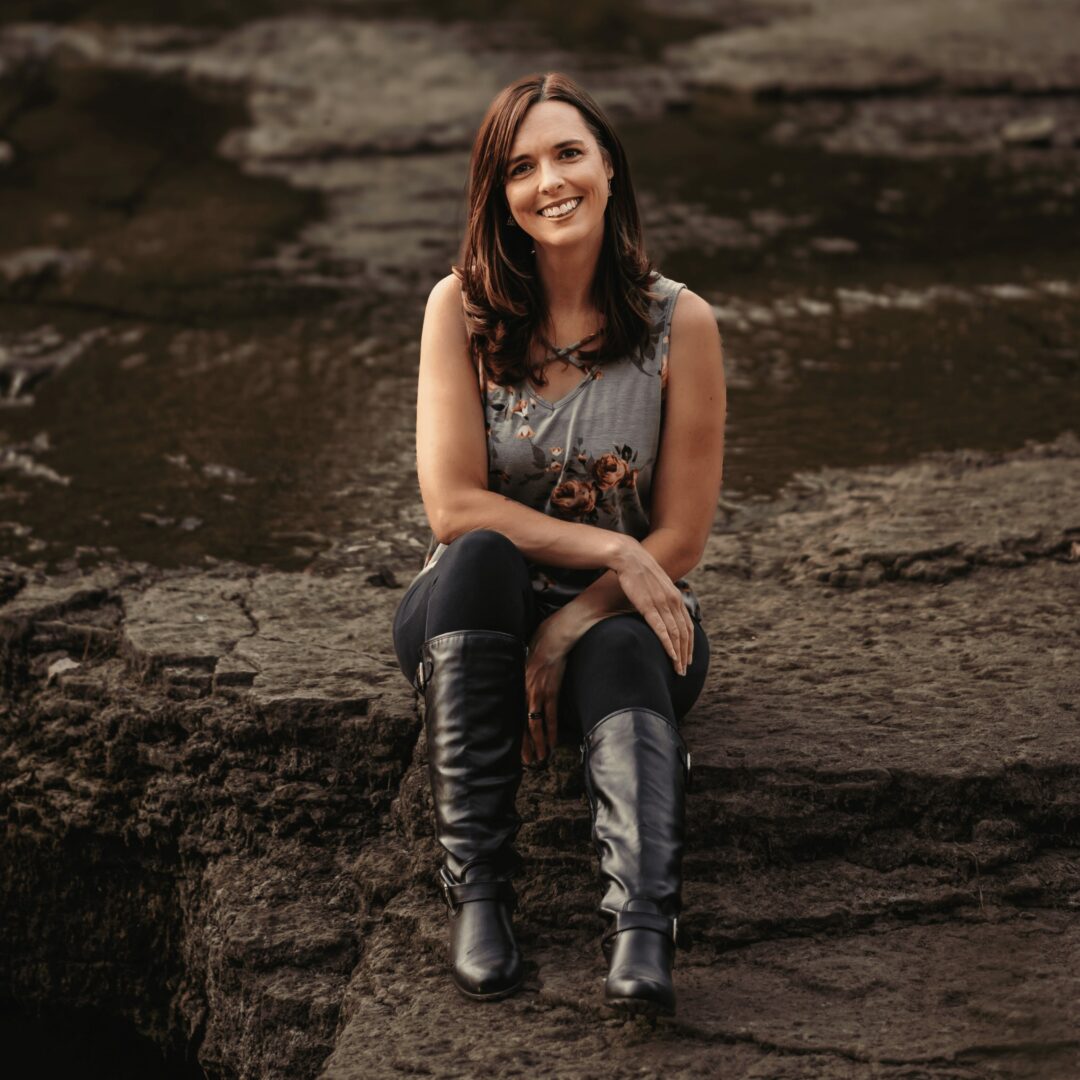We recently connected with Sara Welch and have shared our conversation below.
Sara, thank you so much for joining us. You are such a positive person and it’s something we really admire and so we wanted to start by asking you where you think your optimism comes from?
For me, optimism is a practiced perspective. It’s not about pretending everything is fine—it’s learning to shift from “I don’t think I can” to “I don’t know unless I try.” It’s the belief that something better might be possible, even if you’re not sure what that looks like yet.
I see that belief reinforced in small ways every day: noticing the flowers on a walk with my dog, feeling at peace in the mountains, sitting at the dinner table with my family. It shows up when a client casually mentions they ran without knee pain, or finished the monkey bars for the first time in decades, or kept up with their kid on a hike. Those are the moments that remind me to keep looking for what’s working.
That perspective didn’t come naturally—it’s something I’ve had to build. At the end of 2024, I was exhausted. My 12-year-old cat died. We lost a close friend to suicide. At the same time, my business partner and I were scrambling to move Resolve into a bigger space under a tight deadline. I felt emotionally tapped out. But even in that fog, I kept reminding myself: this won’t last forever. I had to believe I’d eventually feel okay again. And I did. Not right away, but I got there.
That’s what optimism is to me. It’s not loud or performative—it’s the quiet belief that things can shift. It’s what helped me leave my old job to become a trainer. It’s what helped us build this business. It’s what keeps me showing up and doing the work, even when it’s hard.
Twelve years into sobriety, I don’t take much for granted. I feel lucky to be here. And on most days, that’s enough to remind me things are moving in the right direction—even if I can’t see the full picture yet.
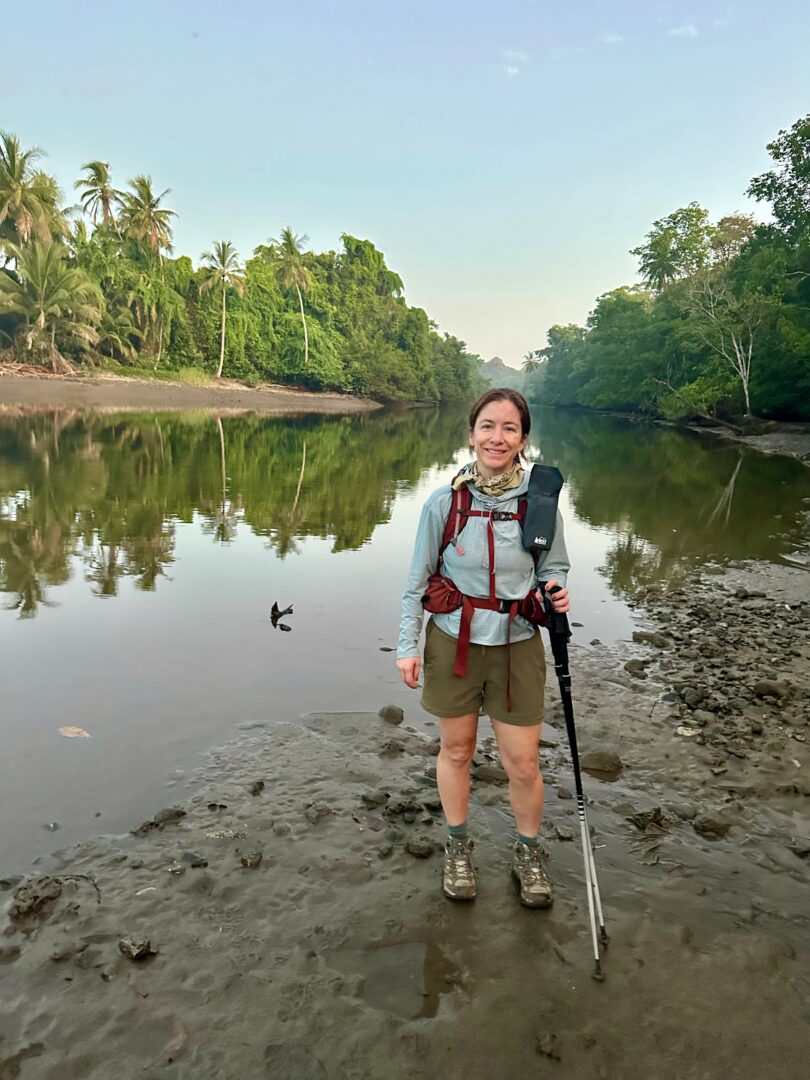
Great, so let’s take a few minutes and cover your story. What should folks know about you and what you do?
I’m a personal trainer and co-owner of Resolve Fitness, a strength and functional fitness studio based in Ballard, Seattle. We specialize in training women—particularly those in midlife—who are navigating the physical, hormonal, and lifestyle shifts that come with this season of life.
What makes our work meaningful is that we meet people where they are. We coach and build programs specific to our clients’ needs. The goal is to help them build strength, confidence, and resilience in a way that’s grounded, thoughtful, and actually useful. Our programs are backed by research, but what really matters is: can you carry your groceries? Pick up your kid? Keep hiking, biking, or running well into your 60s and beyond? That’s the kind of strength we’re after.
Right now, we’re leaning into new ways to train beyond the typical 1:1 setup—especially through our semi-private sessions, where 2–3 clients train at the same time, each following their own program. It gives people more flexibility, a more economical option, and just as important, it gives our Resolve clients a chance to work together and build the kind of community that’s essential as we age.
We also recently hosted our first kettlebell workshop in partnership with Bell Mechanics. We broke down the fundamentals—swings, cleans, Turkish get-ups—and taught people how to lift with control, not just effort. It reminded me how much people appreciate understanding the why behind what they’re doing. We’ll definitely be offering more of that.
Resolve is a place to train with purpose, learn how to move well, and keep showing up—whatever season of life you’re in.
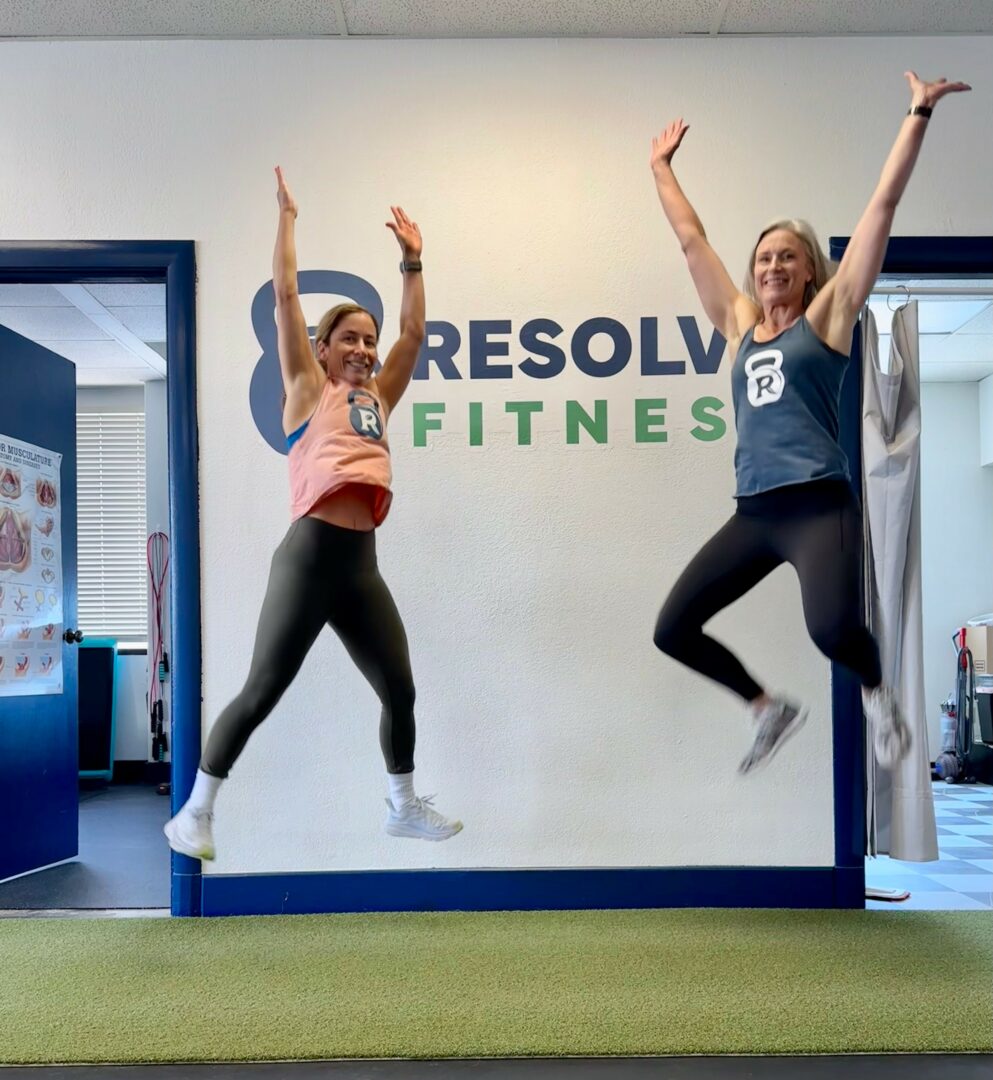
Looking back, what do you think were the three qualities, skills, or areas of knowledge that were most impactful in your journey? What advice do you have for folks who are early in their journey in terms of how they can best develop or improve on these?
1. There is never the right time.
Whether it’s starting a business, beginning a workout program, or making any kind of change, there will always be a thousand excuses not to do it. Something else will always feel easier or more comfortable in the moment. But the truth is: the first step is the hardest, and it’s unwritten. You just have to go for it. Most of what’s worth doing won’t come with perfect timing—you have to move anyway.
2. Staying curious.
Continuing education helps me stay curious. I’ll never know everything—and I don’t pretend to—but I’m interested in all of it. That mindset keeps me engaged and open to new ideas. I’m currently in a mentorship program through Bell Mechanics, where I get to learn from and with like-minded coaches. We trade ideas, troubleshoot together, and keep sharpening the craft. Traveling also gives me perspective—sometimes you need to get out of your own four walls to see things differently. All of that feeds into how I coach.
Curiosity also shows up in my sessions with clients. Instead of assuming I know what’s going on, I ask questions. What are you feeling here? Does that feel different than last time? What’s going through your head during this movement? Coaching isn’t about having all the answers—it’s about paying attention, listening closely, and being open to what you don’t know yet.
3. Learning how to ask for help—and how to receive it.
There are times in business and in life when it feels like it’s all on you. And sometimes it is. But often, we make things harder by trying to carry it all without saying a word. Asking for help takes practice—and it’s not always comfortable. We worry we’re imposing, or that we should be able to figure it out ourselves. But people can’t support you if you don’t let them know what you need. Talk to your business partner. Your spouse. Your mentor. It doesn’t make you less capable. It gives you the capacity to keep going without burning out. We’re not meant to do this alone.
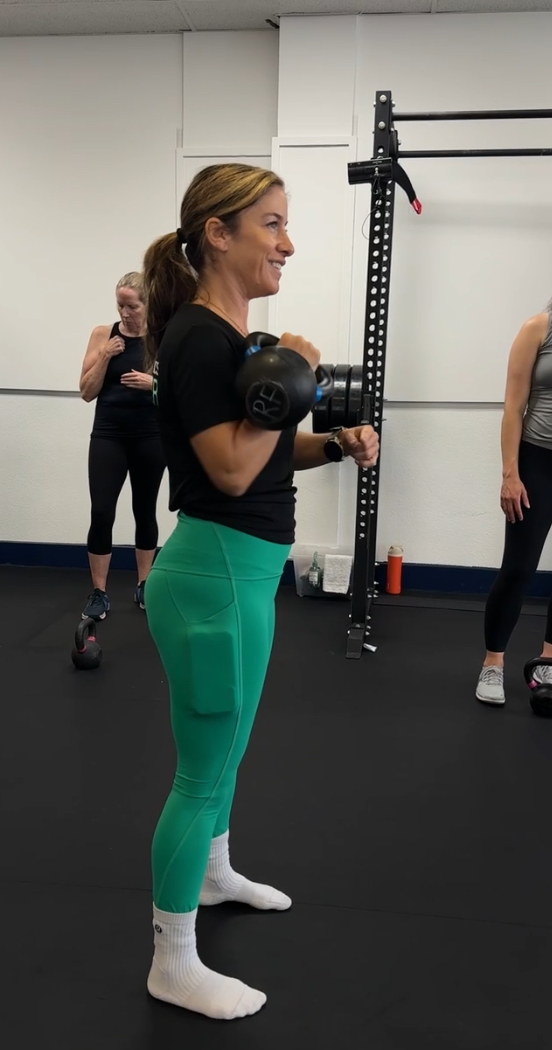
Awesome, really appreciate you opening up with us today and before we close maybe you can share a book recommendation with us. Has there been a book that’s been impactful in your growth and development?
Grandfather Twilight is a quiet book, but it’s stayed with me more than most others. It’s technically a children’s story, but like the best ones, it holds a deeper truth for any stage of life. It’s about a man who ends each day by walking through the forest and gently placing the moon in the sky—a simple, steady ritual that closes the day with calm and intention.
What struck me was how much meaning there is in the repetition. The quiet flow of doing something again and again—not because it’s dramatic, but because it’s done with care. With purpose. That idea has shaped how I think about training, coaching, and life in general. We move through so many moments on autopilot, but there’s power in slowing down and choosing to be intentional. Whether it’s the way you begin a session, take a breath, make a meal, or end your day—it all matters when you’re paying attention.
I still have Grandfather Twilight on my bookshelf. I come back to it—especially during times of stress or overwhelm. I’ve had my bouts with anxiety, and one of the most grounding things I can do is return to what’s within my control. It reminds me of the serenity prayer: accepting what I can’t change, having the courage to act where I can, and the wisdom to know the difference.
This book helps me refocus when I get pulled in too many directions. It brings me back to what matters—family, memories, connection, presence. Living in the now. Every moment is a gift. The intention we bring to those moments is what makes them meaningful.
Contact Info:
- Website: https://www.resolvefitnessballard.com
- Instagram: @griz206
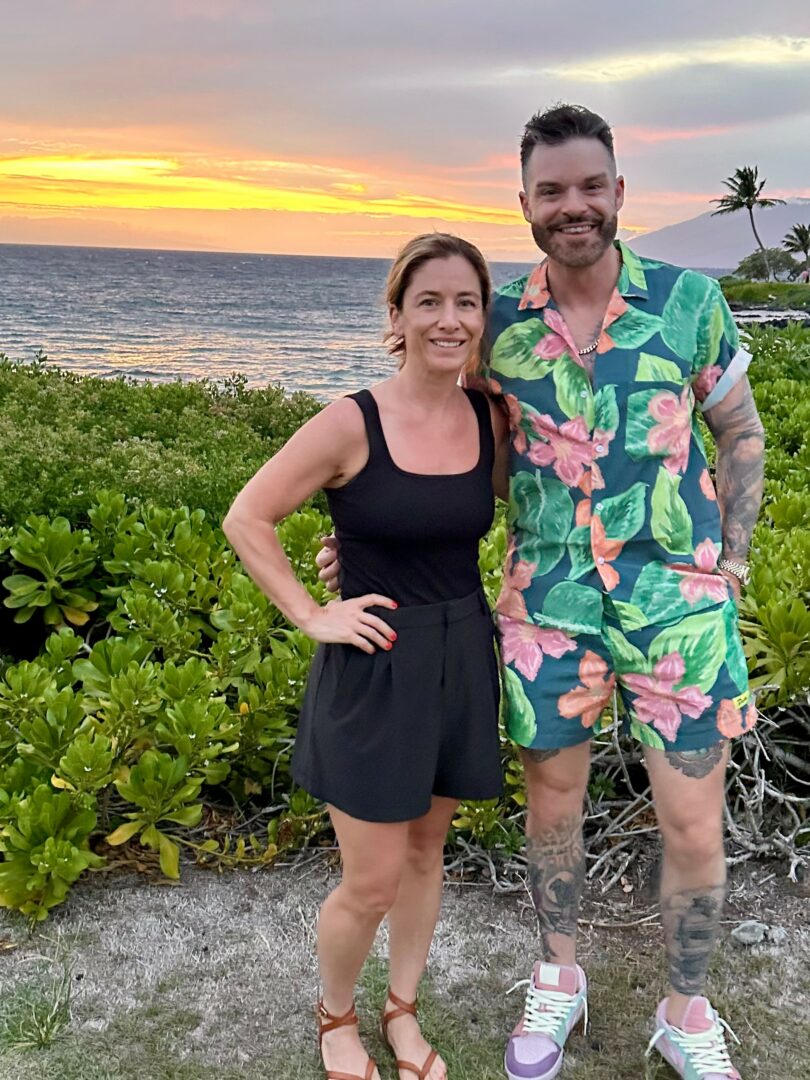
so if you or someone you know deserves recognition please let us know here.

